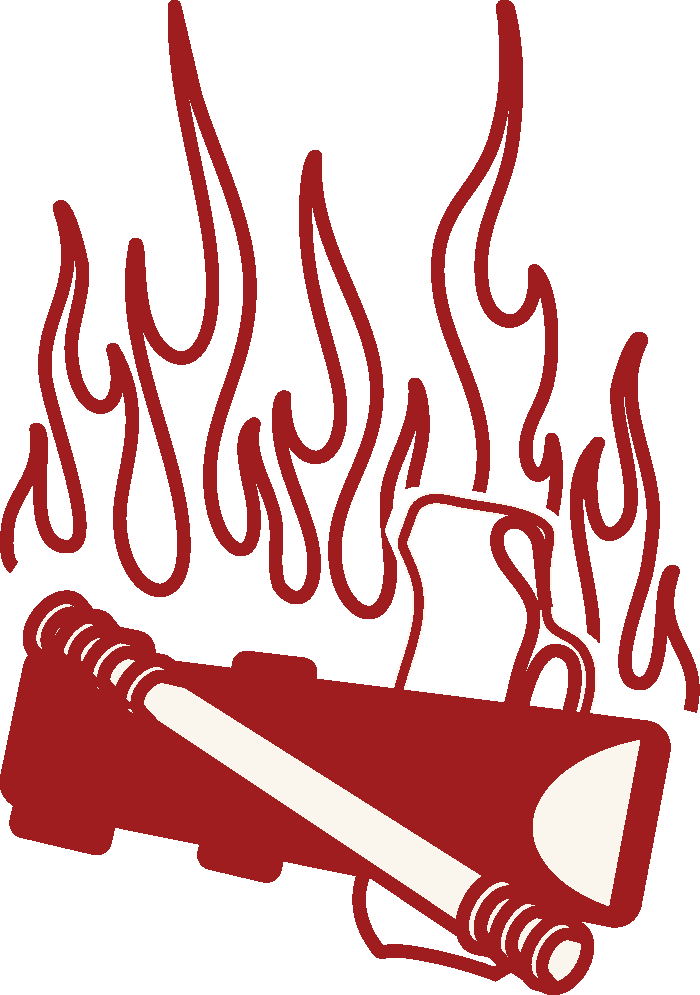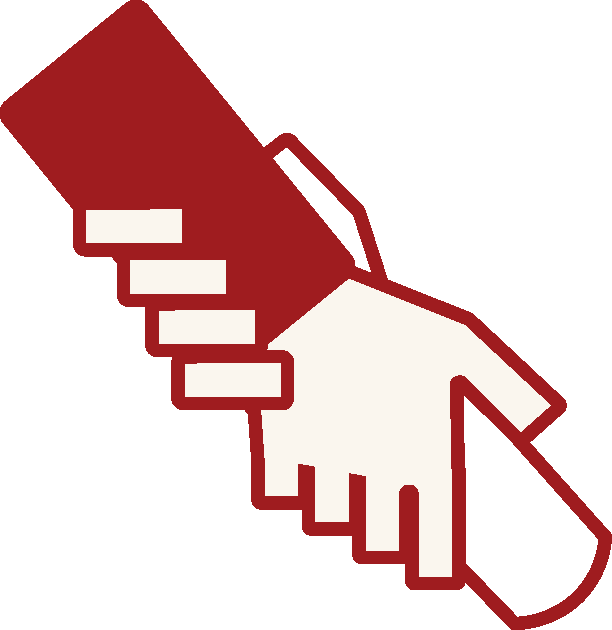
These provide financial protection for common accidents in your business that trigger legal defense costs, settlements, and judgments in lawsuits arising from these claims. They provide coverage for bodily injury to non-employees, property damage, reputational harm, false advertising, copyright infringement and products liability. Other coverages like EPLI, HANOA, and Cyber provide protection for those specific risk types.
Bodily injury and property damage coverage is central to the CGL policy, protecting the insured against claims of bodily injury or property damage that occur as a result of the business’ operations or premises. Whether a customer slips and falls on the business premises or there is accidental damage to a client’s property, this aspect of the policy offers protection against financial repercussions.
Personal and advertising injury coverage protects against claims of libel, slander, defamation, copyright infringement in advertisements, and invasion of privacy. This part of the policy is particularly important for businesses engaged in marketing and advertising activities, providing protection against claims that could arise from such operations.
Products and completed operations coverage offers protection against liability for bodily injury or property damage that may result from the use of the business’s products or from work the business has completed. It is a critical coverage area for manufacturers, retailers, and gunsmiths. Addressing claims that could arise long after a product has been sold, or a project has been completed.
The premises and operations coverage provides protection against liabilities that occur on the business’ premises or as a direct result of its operations. This coverage extends to a wide range of scenarios, from accidents occurring within the company’s facilities to damages caused by the company’s activities at a client’s site.
Excess liability insurance is a type of insurance that provides an additional layer of financial protection and higher policy limits above your primary liability insurance policies. This is utilized to give policy holders a larger aggregate & occurrence limit. This coverage is often utilized as a result of a large contract requirement.
CGL policies, by way of exclusionary endorsements, typically do not cover liabilities arising from professional services or advice. Professionals such as Firearms Instructors and consultants often need professional liability insurance to cover these risks.

Giving coverage to your physical assets at your premise and with Bi giving coverage for the loss of income when a piece of covered property is damaged.
This includes the main building, any additions, permanently installed fixtures (like built-in shelves or countertops), and even outdoor items like fencing or the sign out front.
Everything inside the building that is essential for operations, such as: Computers, Office equipment, Furniture, Tools, Inventory, and Important documents. Others’ property that is in the business’s care, custody, and control.
Protects a tenant’s financial investment in permanently installed fixtures and alterations to a leased space. These are modifications made at the tenant’s expense that become part of the building’s real property and, unlike trade fixtures, cannot be removed by the tenant at the end of the lease. TIB coverage ensures that if these improvements are damaged or destroyed, the tenant can recover the cost of repairs or replacement, even though the landlord owns the fixtures.

This is a mandatory, no-fault coverage, and provides protection to employees for: Medical care, Wages/ lost benefits, Disability benefits, Rehabilitation benefits, and Survivor benefits. In exchange for an employee excepting WC benefits at the time of injury, they waive their right to sue their employer for negligence.
This is a mandatory, no-fault coverage, and provides protection to employees for: Medical care, Wages/ lost benefits, Disability benefits, Rehabilitation benefits, and Survivor benefits. In exchange for an employee excepting WC benefits at the time of injury, they waive their right to sue their employer for negligence.
Covers treatment reasonably required to cure or relieve the effects of a work-related injury or illness, including doctor visits, hospitalization, physical therapy, medication, etc.
Offers wage replacement and other benefits if the injury results in a lasting impairment.
Covers treatment reasonably required to cure or relieve the effects of a work-related injury or illness, including doctor visits, hospitalization, physical therapy, medication, etc.
Things to consider: There are four monopolistic states, meaning coverage must be purchased through the state. These states are: Ohio, North Dakota, Washington and Wyoming.

Commercial auto insurance helps protect your business if you or an employee get into an accident while driving a company-owned vehicle for work.
When you’re at fault in an accident, bodily injury liability may cover others’ medical and injury-related expenses, plus legal fees if there’s a lawsuit. Remember, BI only covers other parties — your own medical expenses and your passengers’ can be covered by personal injury protection (PIP) or medical payments coverage, depending on your state. And if you’re injured in an accident that wasn’t your fault, the at-fault driver’s liability coverage may pay for your medical bills, up to their policy’s limits.
Property damage (PD) liability covers other parties’ vehicle and property repairs when you’re considered at fault in an accident — it’s part of your liability coverage. For example, if you fail to stop at a red light and hit another car and a road sign, your PD liability can pay for the repairs to the other car and the road sign. Nearly every state law requires PD — it comes with every vehicle insurance policy.
Auto collision insurance is a type of coverage that helps cover the cost to repair or replace your vehicle if it’s damaged or destroyed by a collision, minus your deductible. Auto collision coverage applies to a collision with another vehicle or structures such as fences, trees, and mailboxes. It may also cover damage caused by your vehicle rolling over, even if a collision wasn’t involved.

Inland marine insurance is a specialized property insurance that covers goods in transit over land, such as by truck or train, and certain movable property that may not remain at a fixed location. Ocean marine insurance is a specialized form of insurance that protects against financial losses related to the transportation of goods and across oceans and seas. Stock throughput insurance, also known as STP insurance, is a type of cargo insurance that provides continuous coverage for goods throughout the entire supply chain, from raw materials to final destination.
Inland marine insurance covers a wide range of movable property and equipment, particularly those used or transported outside of a business’s primary location. It fills the gaps left by standard property insurance policies, which typically only cover items at a fixed location. Common examples include mobile equipment, tools, goods in transit, and electronic equipment.

Product recall insurance is a type of insurance coverage that protects businesses from the financial costs associated with recalling a defective or potentially harmful product from the market. It helps cover expenses like notification costs, transportation, storage, disposal, and refunds or replacements for recalled products.
Managing a product recall can make or break your business – and its reputation. If you don’t remove a dangerous product from the market right away, it can not only harm your customers but also hurt your financial standing and public image. With product recall insurance, you’ll feel confident knowing that your business is protected from the financial impact of a product recall.
It’s designed to help reimburse you in the event of a recall for a defective product that you’ve made or sold. You may need to voluntarily recall one of your products if it’s found to be faulty or tampered with or if it caused or is at risk of causing bodily injury or property damage to a customer. This insurance covers your recall costs and provides risk management services to help prevent and lessen the impact of a product recall.